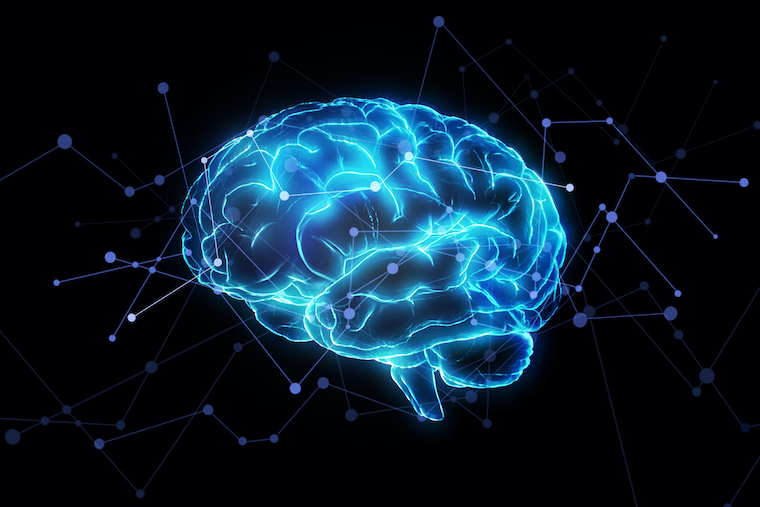Exciting news: The University of Virginia is investing more than $75 million in an ambitious effort to advance the field of neuroscience, battle neurological diseases such as Alzheimer's and map the workings of the brain.
The multidisciplinary effort, which includes researchers at the School of Medicine and School of Nursing, will help us better understand how the brain functions over our lifetimes. This, in turn, should shed important light on common brain diseases, such as dementia, and conditions such as autism.
Initial studies will:
- Test the ability of focused ultrasound to deliver treatments, now impossible, across the natural blood-brain barrier that keeps pathogens out but also blocks helpful drugs.
- Examine why Alzheimer's caregivers are more likely to develop dementia than non-caregivers;
- Catalog neurodiversity within autism, allowing us to develop better, more targeted interventions and educational approaches.
- Seek to better understand the brain in general, including its development.
In addition, UVA hopes to develop a "comprehensive neuroscience center" along the lines of our existing comprehensive cancer center. It also intends to hire more than 20 faculty members and launch a new postdoctoral training program to diversify the field.
The effort is part of UVA’s Grand Challenge Research Initiatives. These initiatives are a key component of UVA's 2030 "Great and Good" Plan, which focuses on service through collaboration.
“This is an investment in the UVA neuroscience community writ large,” said Jaideep Kapur, MD, a neuroscience researcher who is part of the Department of Neurology at the School of Medicine and director of the UVA Brain Institute.
Kapur and the Brain Institute will work with UVA deans and other academic leadership to coordinate the efforts of faculty members, students and staff in the schools of Medicine, Nursing, Engineering, Arts & Sciences, Data Science, Leadership and Public Policy, and Education and Human Development.
